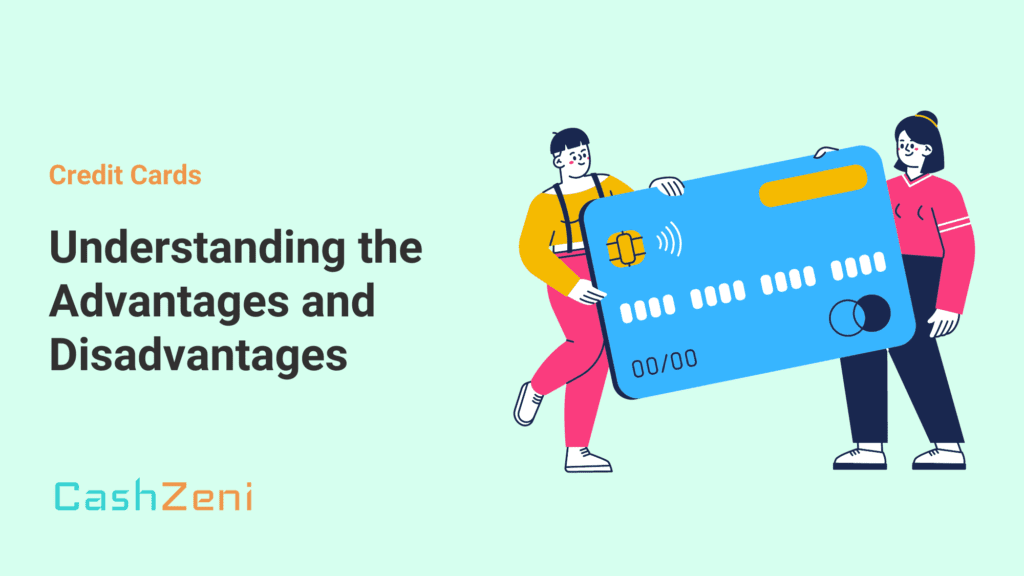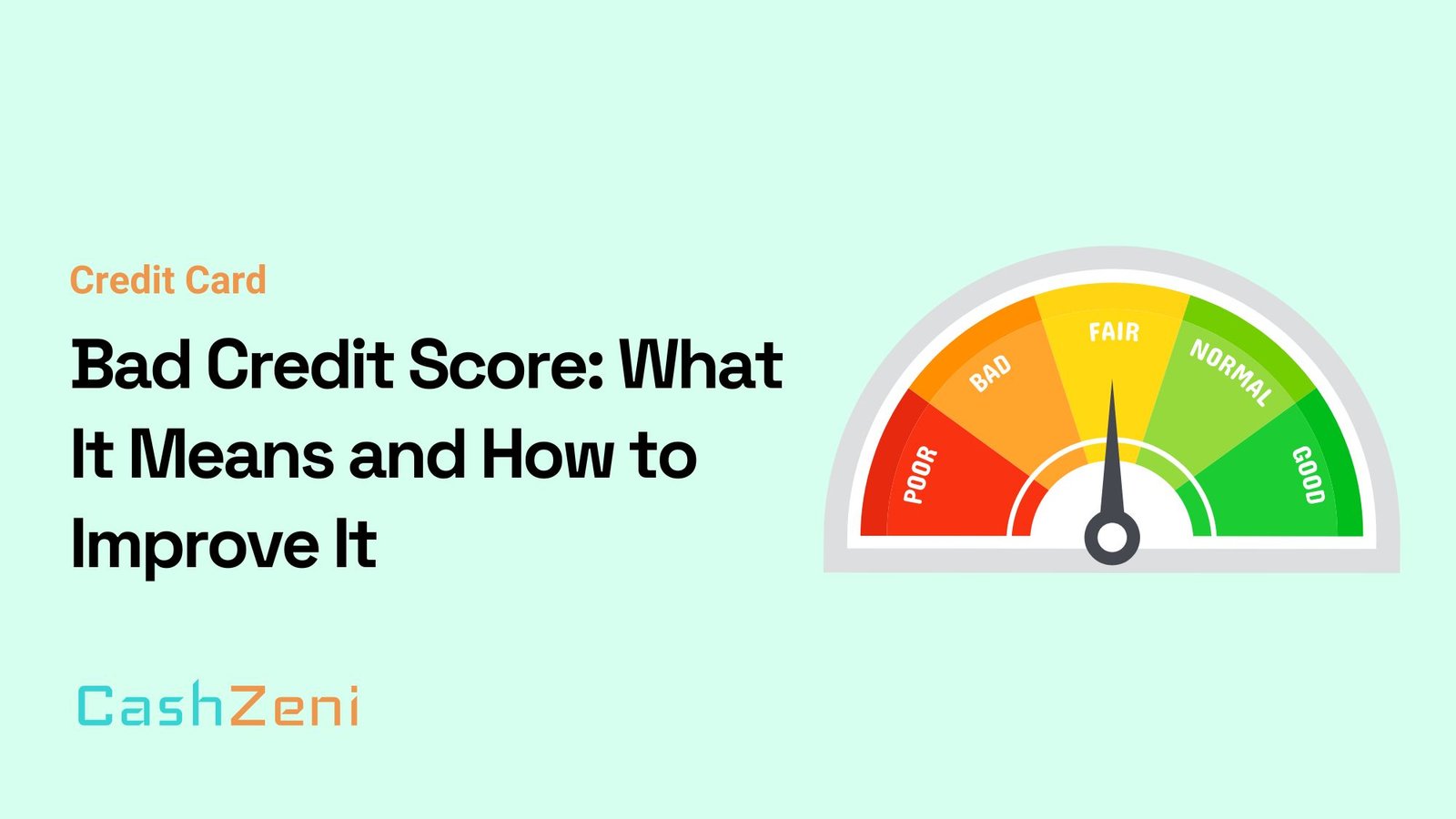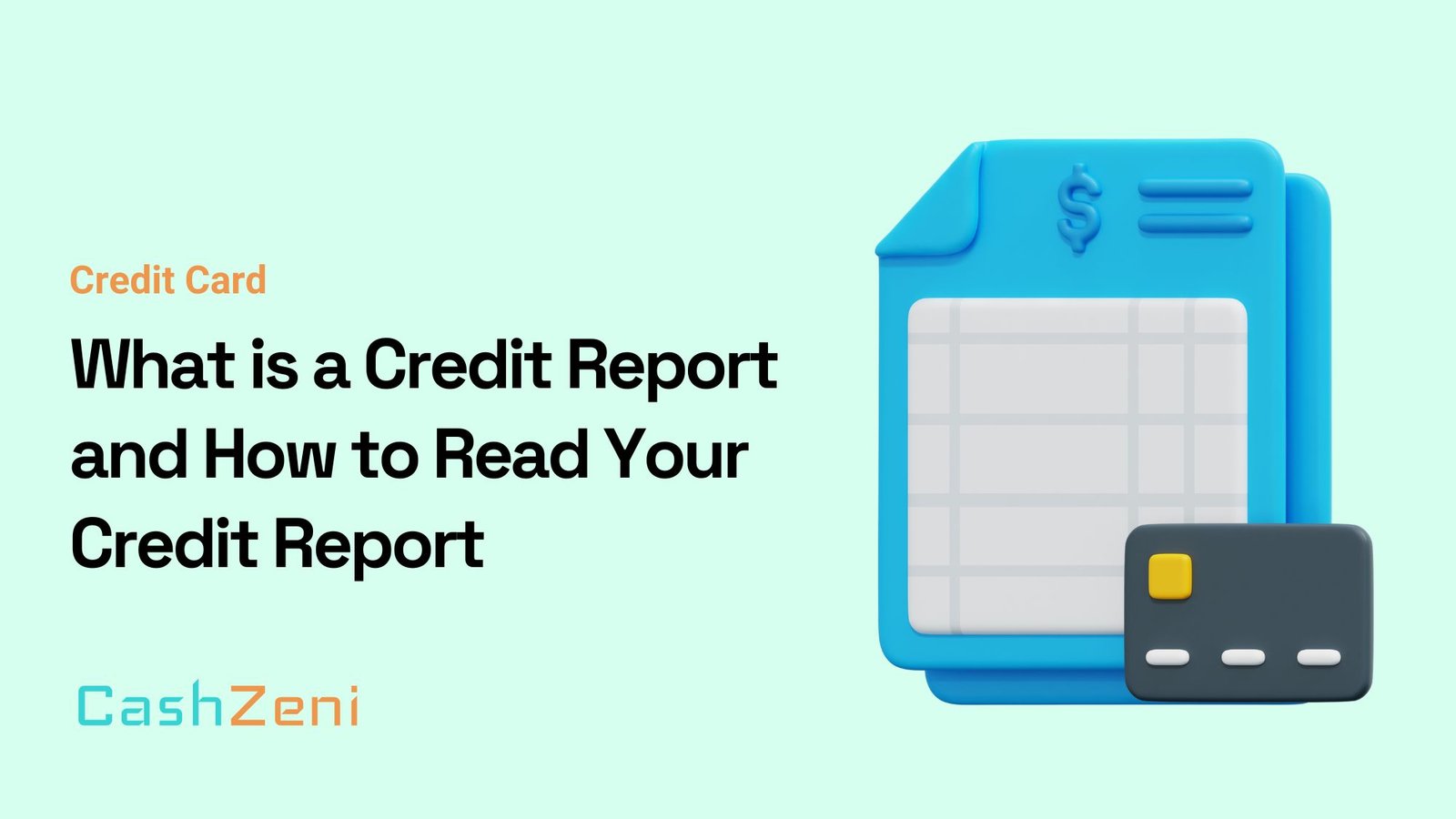When considering the acquisition of a credit card, it is essential to acknowledge that, if used wisely, it can greatly contribute to your financial health. Credit cards offer numerous advantages, but it is crucial to be aware of potential pitfalls and learn how to overcome them. In this detailed guide, we explore the advantages of credit cards, provide strategies for mitigating disadvantages, and offer valuable tips for responsible credit card usage.
Table of Contents
However, there are a few reasons why you would be worried about making the decision of getting a credit card for yourself. Listed below are some of the credit card advantages and disadvantages of credit cards. We have also explained how you can overcome the disadvantages of credit cards and use them effectively.
Credit Card Advantages
- Financial Flexibility: A credit card provides the convenience of making purchases without immediate out-of-pocket expenses. It allows you to borrow money from a bank and make necessary transactions, provided you plan your finances well to ensure timely repayment. Additionally, credit cards offer an interest-free grace period of up to 45-50 days, enabling you to manage your expenses efficiently.
- Affordable Repayment Options: For significant purchases, credit cards offer the option to convert the billed amount into affordable Equated Monthly Installments (EMIs). This feature allows you to repay the amount over an extended period, alleviating the burden of a substantial one-time payment.
- Building a Strong Financial Profile: Timely repayment of credit card bills plays a pivotal role in establishing a robust financial standing. Credit cards contribute to building a positive credit history, which lenders consider when assessing your creditworthiness for future loans. By utilizing credit cards responsibly, you can enhance your credit score and demonstrate your ability to manage financial obligations.
- Improved Credit Score: Effectively using a credit card demonstrates financial responsibility and can positively impact your credit score. Credit cards are often instrumental in rebuilding low credit scores, serving as tools for improving borrowing habits. By consistently paying bills on time and managing credit utilization, you can gradually elevate your credit rating and showcase your ability to handle credit responsibly.
- Enhanced Security Measures: Credit cards are equipped with advanced security features, such as EMV chips, which offer robust protection against fraudulent activities. Moreover, financial institutions and credit card issuers have implemented stringent security measures to safeguard transactions. In compliance with regulatory standards, banks assume liability for unauthorized electronic banking transactions, relieving cardholders of the burden of proving their innocence in case of fraudulent incidents.
- Balance Transfer Facility: Credit cards provide the option to transfer balances from one account to another, even across different card providers. This feature allows you to reduce interest charges, especially when facing difficulties in paying off outstanding balances. Some credit cards may offer zero-percent introductory interest rates for balance transfers, although a nominal fee might be applicable in certain cases.
- Easy Loan Approvals: Credit cards serve as a gateway to obtaining loans from banks. When approved, the bank transfers funds from your available credit limit directly to your bank account within minutes. Building a healthy credit history contributes to higher chances of loan approval and favorable interest rates.
- Additional Benefits: Certain credit cards offer exclusive benefits and rewards, such as cashbacks, reward points, and discounts, on specific transactions. Choosing a credit card that aligns with your spending habits and preferences can provide additional advantages and enhance your overall financial experience.
- Expense Tracking: Credit card statements provide a comprehensive record of all transactions, enabling you to monitor your expenses efficiently. This feature helps you maintain better financial control and aids in budgeting and financial planning.
Credit Card Disadvantages
- Overspending: One of the significant pitfalls associated with credit cards is the temptation to overspend beyond your means. Easy access to credit may lead to impulsive purchases and, subsequently, excessive debt accumulation. To avoid this, it is crucial to exercise discipline, establish a realistic budget, and limit credit card usage to essential expenses.
- High-Interest Charges: Failing to pay the credit card bill in full and on time results in the accumulation of interest charges on the remaining balance. The high-interest rates associated with credit cards can significantly impact your financial well-being if not managed prudently. To minimize interest charges, strive to pay the full bill amount before the due date and avoid carrying forward balances whenever possible.
- Annual Fees and Additional Charges: Certain credit cards may have annual fees, which can add to your expenses. Additionally, charges on foreign transactions, cash withdrawals, and late payments can further increase your financial obligations. It is essential to carefully review the terms and conditions of your credit card to understand all applicable fees and charges.
- Minimum Due Traps: Credit card statements include a minimum due amount, which represents the minimum payment required to avoid penalties. Paying only the minimum due amount may lead to prolonged debt repayment, increased interest charges, and potential financial strain. It is advisable to pay the entire bill amount each month to maintain a healthy financial position.
- Negative Impact on Credit Score: Misusing credit cards, such as consistently missing payments or exceeding credit limits, can have adverse effects on your credit score. A poor credit score can limit future borrowing options and result in higher interest rates or loan rejections. Responsible credit card usage is crucial for preserving and improving your creditworthiness.
Final Words
Buying a credit card would prove to be the right choice, if used effectively. Some of the most common and valuable credit card benefits include financial luxury and convenience. Additionally, they also help you maintain a healthy financial history, which eventually works in your favor as you apply for loans in the future. However, you must learn to use your credit card effectively from the beginning itself. Failing to do so will hurt your credit score majorly.
To conclude, it can be clearly inferred that irrespective of all the credit card advantages and disadvantages, you should go for buying a credit card for yourself. As you do so, include habits like paying your credit card bills well in time, and handling your credit card expenses responsibly in your financial routine, which will eventually lead you to availing the maximum benefits that a credit card has to offer.
Frequently Asked Questions (FAQs)
How can I avoid overspending with my credit card?
To avoid overspending, it’s advisable not to exceed 50%-60% of your credit limit. Practicing discipline and refraining from unnecessary expenses will help you steer clear of accumulating debts.
How can I protect myself from credit card fraud?
To safeguard against fraud, disable foreign transactions on your card and exercise caution when receiving suspicious emails or messages. Never share your credit card details or PIN with anyone and promptly notify your bank if you suspect any fraudulent activity.
What can I do to minimize high interest charges on my credit card?
By consistently paying your credit card bills on time, you can avoid high interest charges. Timely payments are crucial in keeping interest costs at bay.
How can I avoid surcharges on credit card transactions?
Certain credit cards, such as fuel credit cards, offer surcharge waivers on specific transaction amounts. Familiarize yourself with the terms and conditions of your credit card to understand any limits or waivers associated with surcharges.
Are there any additional expenses I should be aware of with credit cards?
Credit cards may come with additional expenses like annual fees, charges on foreign transactions, and fees on cash withdrawals. Thoroughly review the terms and conditions of your credit card to understand all applicable charges.
What is the significance of the minimum due amount on a credit card statement?
The minimum due amount mentioned on a credit card statement is not the total bill amount but the minimum payment required to avoid penalties. Paying only the minimum due amount can lead to higher interest charges and prolong debt repayment. Always strive to pay the full bill amount on time.
How can credit cards help build a healthy credit history?
By using credit cards responsibly and making timely repayments, you can establish a positive credit history. This, in turn, can improve your credit score and increase your chances of obtaining favorable loan terms in the future.
Can credit cards provide additional benefits besides convenience?
Yes, many credit cards offer rewards such as cashbacks, reward points, and discounts that can be redeemed for future transactions. Choosing a credit card aligned with your specific needs can unlock additional perks.
What should I do if I find unauthorized transactions on my credit card?
If you notice unauthorized transactions on your credit card, contact your card issuer immediately to report the issue and initiate necessary steps to resolve the situation.
Are credit cards a secure financial instrument?
Credit cards come with enhanced security features such as EMV chips and robust fraud detection measures. Additionally, regulations mandate that banks bear the customer’s liability for unauthorized electronic banking transactions, providing an added layer of protection.



